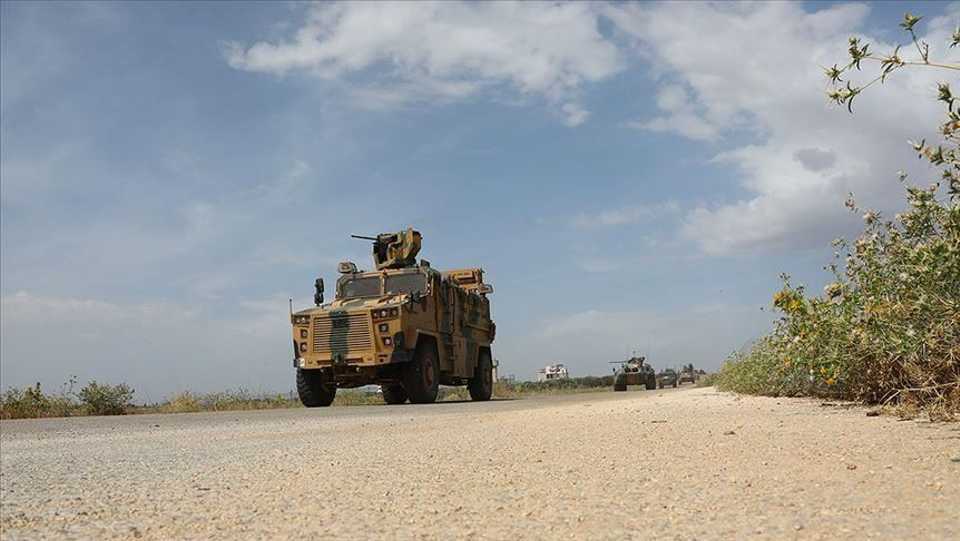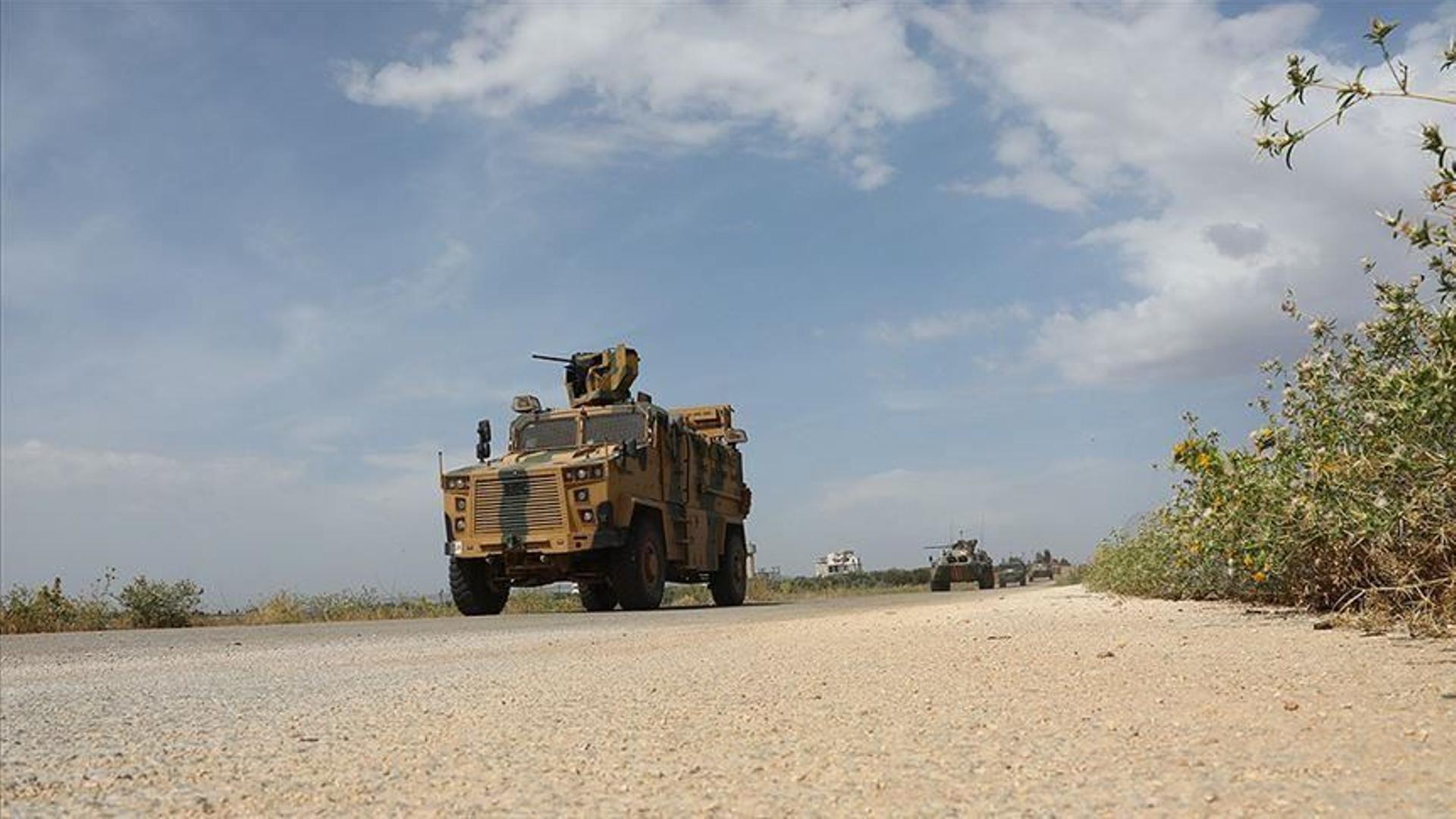
Ankara, Moscow and Tehran agreed to hold a videoconference and then a face-to-face meeting on the Syrian settlement, Russian Foreign Minister Sergey Lavrov announced on Tuesday.
The presidents of the three countries will discuss Syrian issues in a videoconference and then will hold a summit in Tehran, Lavrov said at a news conference following a meeting with his Iranian counterpart Mohammad Javad Zarif.
“Today, we confirmed the agreement of the three presidents of the Astana format countries that the summit will be held in Tehran within terms that will be determined considering the situation developing due to the coronavirus. We supported the proposal to hold a video conference before the face-to-face meeting of the three leaders. We will agree on terms of this videoconference quite quickly, and then announce them,” the minister said.
According to Lavrov, the videoconference will likely take place before a gathering of the Syrian constitutional committee.
For his part, Zarif said he hoped that the videoconference would be held by August.
Syria has been mired in a vicious civil war since early 2011, when the Bashar al Assad regime cracked down on pro-democracy protests.
Hundreds of thousands of people have been killed and millions more displaced as a result of the years of war.
Iran supports Moscow, Ankara efforts in Libya
Asked about Iran’s view on the situation in Libya, Zarif said Tehran supports Russian and Turkish efforts in the country aiming to end the conflict.
“We support the efforts that Russia and Turkey are making to end the conflict in Libya, and we hope that the legitimate government in Libya will be able to bring calm to the people of Libya,” he said.
Lavrov said Russia’s approach to the Syrian conflict can be applied to Libya, as its main feature is to prompt the conflicting parties to hold talks and provide necessary conditions so that they could find a common ground.
“The only thing left is to convince the Libyan parties that they should sit down at the table and start negotiations. We are currently working on this,” he said.
Libya has been torn by civil war since the ouster of late ruler Muammar Gaddafi in 2011.
Libya’s new government was founded in 2015 under a UN-led agreement, but efforts for a long-term political settlement failed due to the military offensive by warlord Khalifa Haftar’s militias.
The internationally recognised government has been under attack by Haftar since April 2019, with more than 1,000 killed in the violence.
In March, the Libyan government launched Operation Peace Storm to counter attacks on the capital, and recently regained strategic locations, including the Al Watiya airbase and the strategic city of Tarhuna.
17th Turkish-Russia joint patrol in Syria
Turkish and Russian troops carried out their 17th joint patrol along the key M4 highway in Syria’s northwestern province of Idlib, Turkey’s National Defence Ministry said on Tuesday.
“To maintain the Turco-Russian ceasefire agreement in Syria, the 17th Combined Land Patrol was conducted in Idlib province Tuesday,” the ministry said on Twitter.
“Due to a detonation of an unidentified explosive, a patrol vehicle was lightly damaged and taken to a safe location,” it added, noting that no personnel had been harmed in the incident.
To maintain the Turco-Russian ceasefire agreement in Syria, the 17th Combined Land Patrol was conducted in Idlib province Tuesday. Due to a detonation of an unidentified explosive, a patrol vehicle was lightly damaged and taken to a safe location. pic.twitter.com/ArV0AaMWvY
— T.C. Millî Savunma Bakanlığı (@tcsavunma) June 16, 2020
The M4 highway, also known as the Aleppo-Al Hasakah road, is about 30 km (19 miles) from Turkey’s southern border.
This March, Ankara and Moscow agreed on a protocol urging parties to “cease all military actions along the line of contact in the Idlib de-escalation area.”
The protocol said joint Turkish-Russian patrols would begin on March 15 along the M4 highway from the settlement of Trumba – 2 km west of Saraqib – to the settlement of Ain al Havr.
Idlib has long been under siege by Assad regime forces and its allies, and previous ceasefires for the region were plagued by violations.
Turkey has worked to protect the local civilian population as well as rid the wider region of terrorist elements.










Discussion about this post